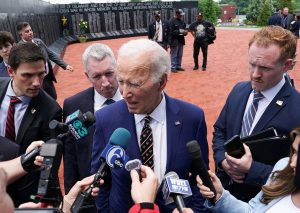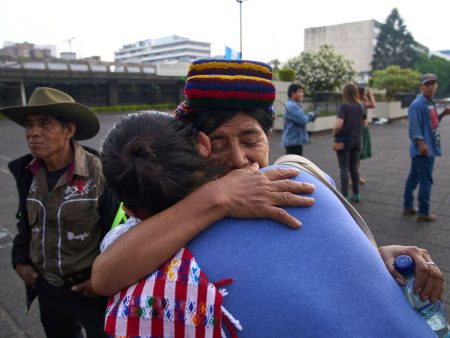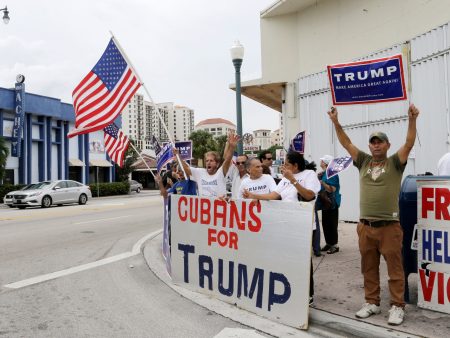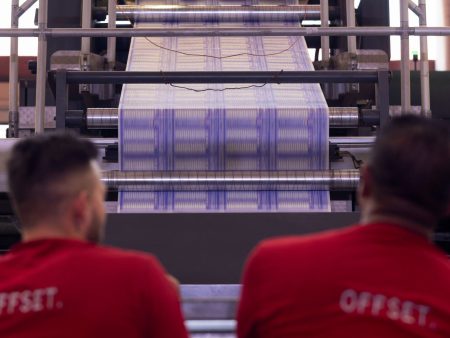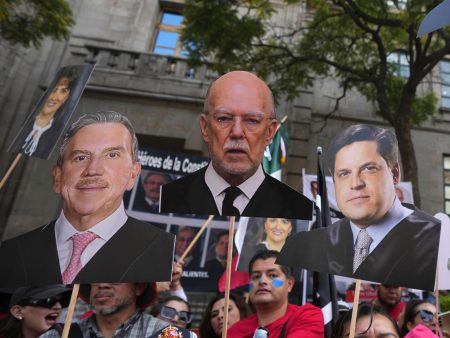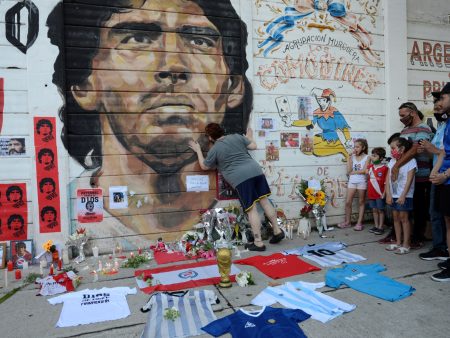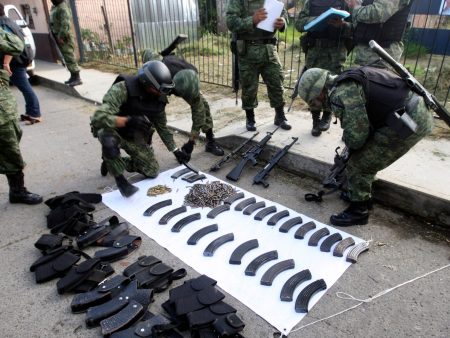Dr. Jorge Fusaro is a dedicated rural doctor committed to improving the lives of Indigenous families living in the high-altitude region of Cerro Chani in Jujuy, Argentina. Over the past four years, he has organized medical tours three times a year to this remote area, which is situated among the majestic peaks revered by the Kolla people. The environment poses significant challenges, with extreme temperatures and harsh weather conditions making it difficult for the inhabitants to access health care. Fusaro’s efforts extend far beyond just medicine; his interactions with the residents serve as a vital lifeline, as he is often not only their primary medical provider but also potentially their only connection to the outside world.
The stark reality of life in these mountain communities is underscored by the lack of basic services and infrastructure. Many residents have no access to schools, police protection, or postal services, making the presence of a doctor like Fusaro even more essential. When he visits, he provides medical care, herbal remedies, and a supply of medications that can last for months. Additionally, his role encompasses helping with bureaucratic matters, serving as a mail carrier for important documents to the city, and providing training sessions aimed at empowering the community. Fusaro recognizes that his presence has a profound impact, as he expresses, “If we don’t go, no one will,” reflecting the urgency of his mission, especially in light of concerns regarding potential government funding cuts that could jeopardize future medical trips.
Fusaro’s visits yield significant emotional responses from the residents who frequently wait for his arrival with anticipation. For many individuals, such as Dona Virginia Cari and her family, it may be the first time they see a doctor in person, and the repeated visits highlight a deep trust that builds over time. The interaction fosters community relations and strengthens the bond between the health worker and the locals. Dona Virginia, expressing her gratitude for his efforts, recalls how his medical supplies are crucial for her family’s well-being, especially given their advancing age and physical struggles stemming from their demanding agricultural lifestyle.
While in the community, Fusaro immerses himself in the daily life and struggles of the residents. He believes that a thorough understanding of their world allows for more effective medical solutions tailored to their realities. He actively participates in their routine activities, such as chopping vegetables or fetching water, which enables him to empathize with their hardships. This hands-on approach nurtures his ability to connect and communicate effectively, garnering respect and trust from the locals. By sharing in their work, he also gains insights into traditional practices and local medicinal knowledge, allowing for a collaborative approach to health care.
The setting of Ovejeria, where the sun beats down at nearly 3,600 meters above sea level, exemplifies the challenges faced not only by the families but also by Fusaro himself. The physical landscape serves as a reminder of the isolation and struggles inherent in rural life. In such a demanding environment, Fusaro finds joy and fulfillment in delivering not only health care but also a sense of hope. His commitment resonates deeply within the community, providing invaluable support to aging residents who rely on him for both medical and practical assistance in their daily lives.
In summary, Dr. Jorge Fusaro’s mission is more than just providing medical care; it is about fostering connections and uplifting the spirits of isolated mountain communities. His journeys embody a unique blend of professional dedication and heartfelt compassion, where he bridges the gap between urban and rural life, serving as a beacon of hope for families in need. As he strives to continue this vital work, concerns about funding threaten to inhibit the progress made over the years. Still, the impact he has had on countless lives underscores the importance of health care accessibility, understanding, and mutual respect in addressing the needs of remote populations.

